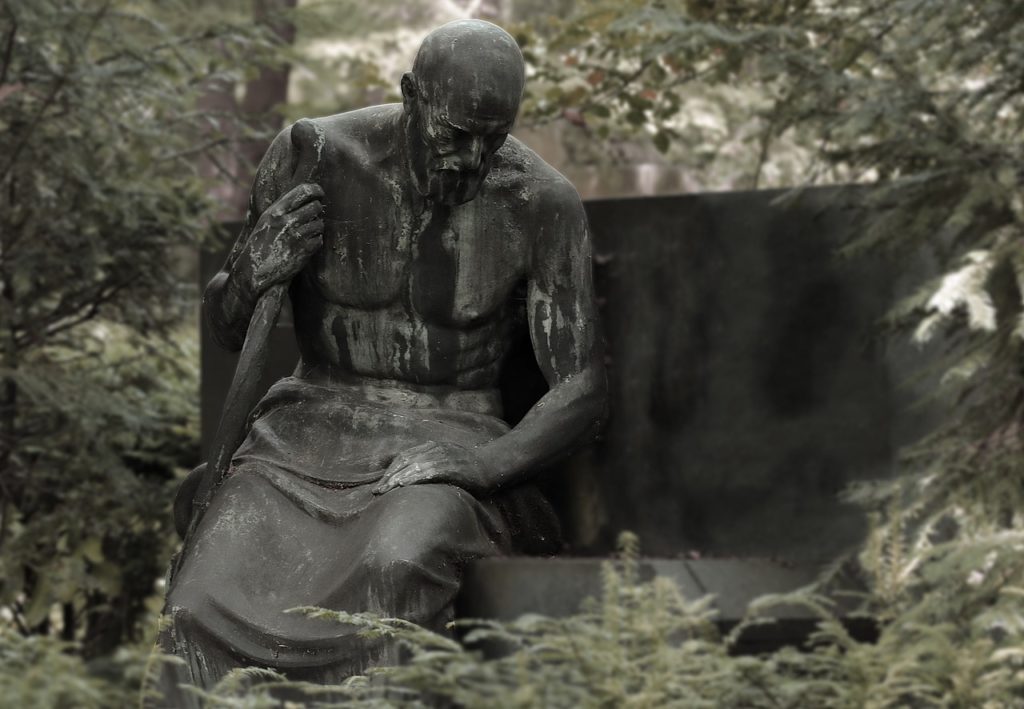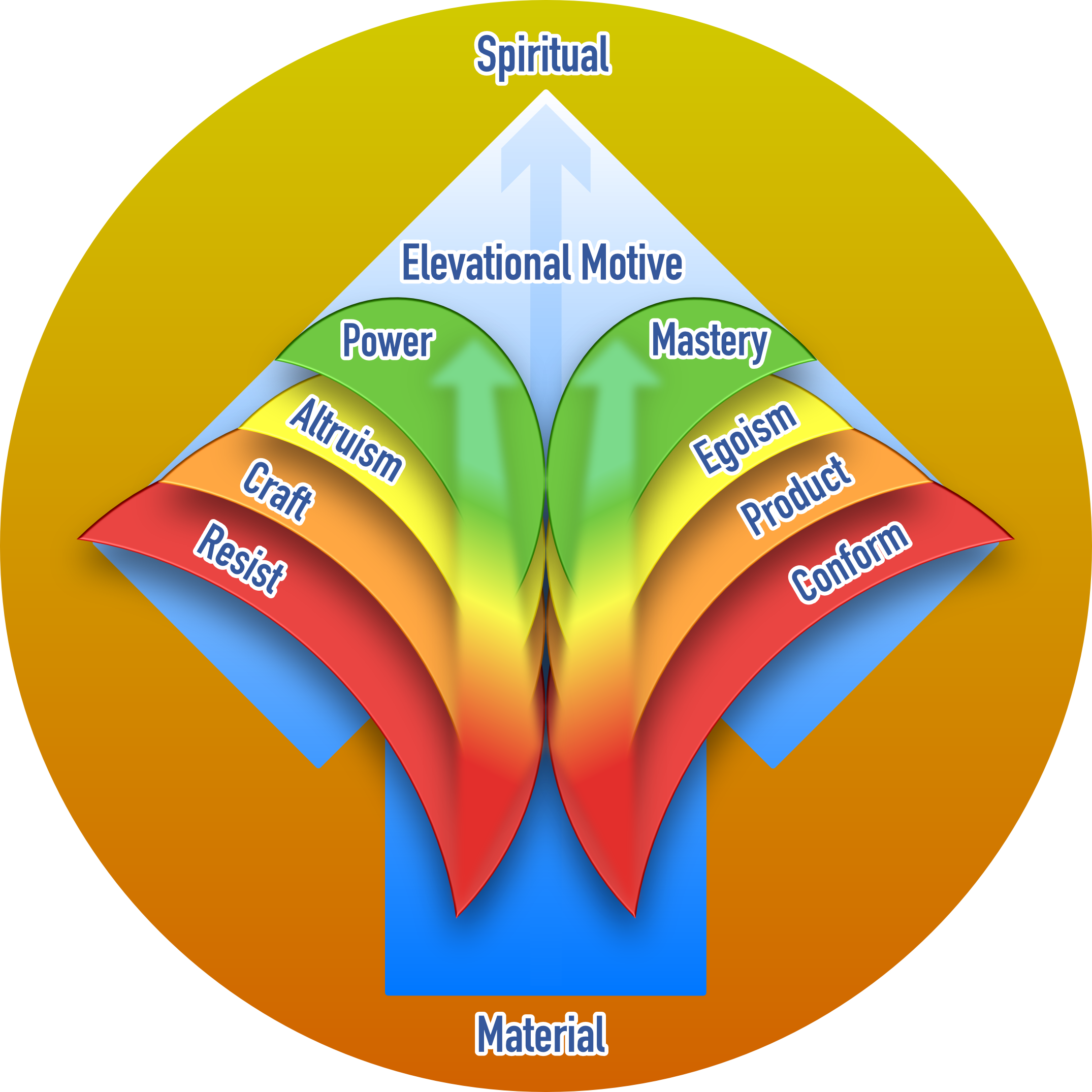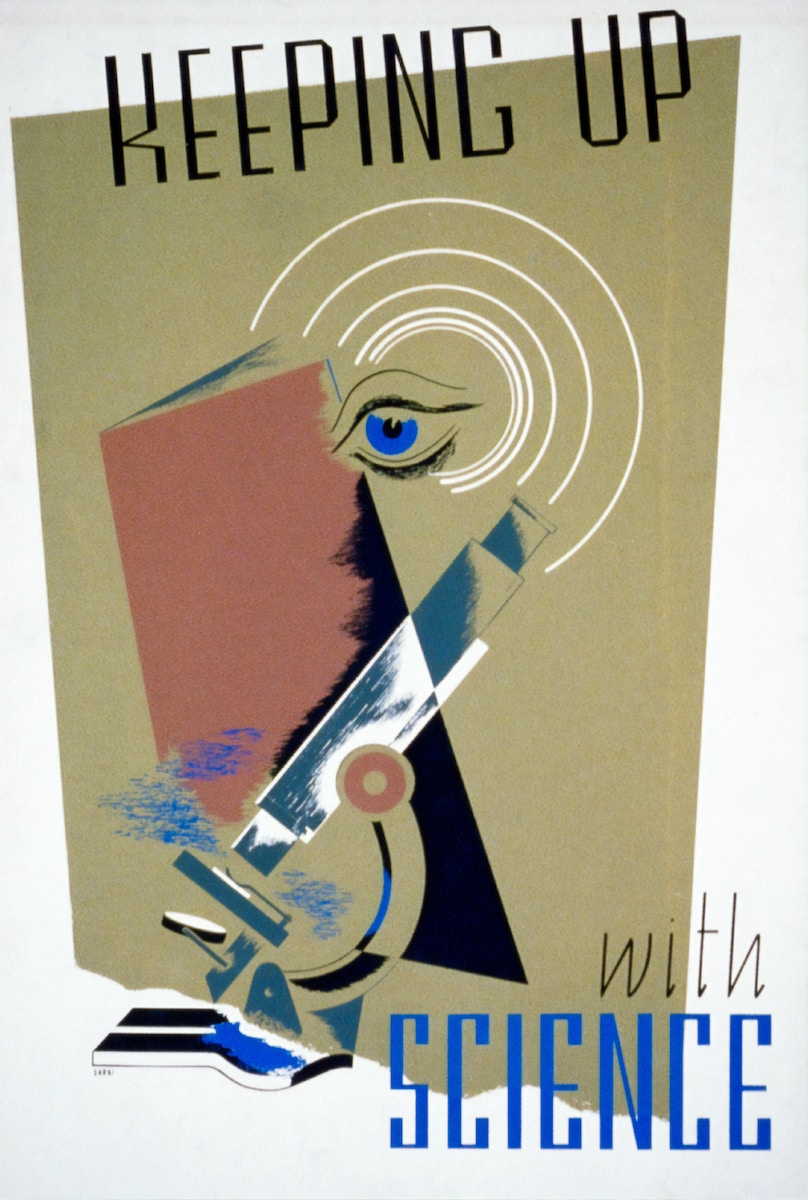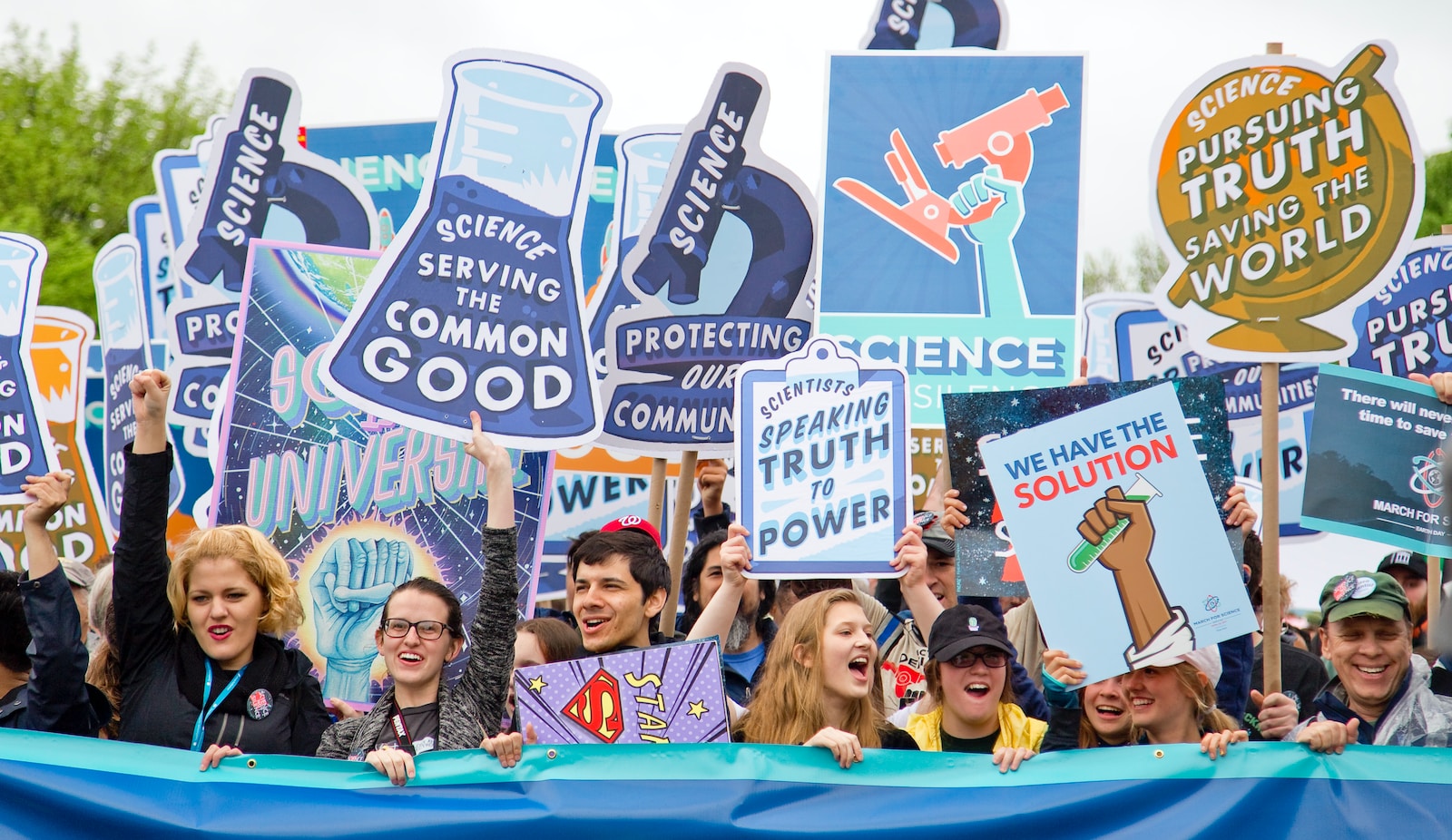Epistemology in Crisis part 1 – Unbecoming Scientism
“The time will come when diligent research over long periods will bring to light things which now lie hidden. A single lifetime, even though entirely devoted to the sky, would not be enough for the investigation of so vast a subject. And so this knowledge will be unfolded only through long successive ages. There will come a time when our descendants will be amazed that we did not know things that are so plain to them. Many discoveries are reserved for ages still to come, when memory of us will have been effaced.”
– Seneca
There are more people working as scientists today than at any other time in history, the growth has been exponential with major innovation predicted as a result (Price 1961). However, genuine innovation per scientist, despite the earlier predictions, has been slowing down (Gold 2021) to a rate approximating pre-enlightenment periods (Adler 2005). It has been argued this is an artefact of escalating complexity, however many newer academic fields merely contribute to the chorus of confusion, without helping untangle complexity. These new fields exist to increase complexity, challenge perfectly reasonable reductionist instruments, and cause confusion through baseless appeals to emotional irrationality. Some of them exist to appease those poorly equipped for the endeavour of sciences, instead of helping them do better.
Most of all, however, it is because scientists are no longer first trained as philosophers. That many scientists will have taken one introduction to philosophy course undermines the very foundation of education for scientific pursuits. Reliability in social sciences are at an all time low (Enserink 2018). Meanwhile, some have proclaimed a “golden age” of social sciences due to innovations in computing and the amount of data available (Buyalskaya 2021). This presumes that the social sciences are on the right track while replicability has been heavily criticised in social sciences, as late (Enserink 2018). I do not see this as so much a problem of practice, as it is symptomatic of much larger issues in science and education.

POLITICS OF THEORY
Humans seek acceptance from peers because it feels good. This is a large part of what drives innovative scientists to perform. However, with a decrease in the average intelligence of a group, say post-graduates, mere popular acceptance of theory can easily become the presiding factor. Perfectly legitimate theories languish with no attention while absurd theories receive renown and recognition. Often this is based on little more than the charisma of the scientist, or the social influence of their professional network.
WORKINGS OF SCIENTISM
It is simple to trick educated people into believing nonsense, so long as the plot is “sound” and fits the modelled presentation of “accepted” theories. Modern graduate school curriculums in sciences are geared toward simple presentation of methodologies, writing skills, field history, and theory applications. These are scientistic finishing schools. While valuable for transference of useful skills for the crafts in a particular science, it cannot boost the number of legitimate scientists who ask the questions they should be asking.
Sciences today have become cathedrals of careers. A theory may become a standard spire of the cathedral simply on account of being politically disadvantageous to deny and politically advantageous to affirm or affirm fervently. Investigations informed by celebrated theories are preconditioned toward complimentary results, which necessarily reduce the discovery rate of anomalies, e.g. confounding factors and contradicting data. This is a primary source for the decrease in innovation, yet unrecognised because it is the desired corporate-academic environment. The corporations must dictate acceptable opinions in corporatism (Roe 2023a; 2023b).

THEORETICAL PROBLEMS
Scientistic confederacies often form to “solve theoretical problems.” Typically, the true goal is to divert attention away from and subvert investigation of any phenomena unexplained by a theory. Often the ancillary theories, or theory alterations designed to “solve theoretical problems,” become fully accepted with little debate, because there is little else to do. The theories cannot be overturned, there are too many careers and lies at risk. There is a high degree of willingness to suspend disbelief afforded by the sheer popularity of a guarded primary theory, or simply the gravity afforded them with age, matching the pain of punishment reserved for any heterodoxy. This willingness strengthens with the accrual of theories based on the primary one, and this tower on the cathedral grows.
Another scientistic strategy for diversion away from theoretical weaknesses is the placement of false theorists. These serve to either draw attention away from legitimate avenues of research or generate bad attention by association with the ridiculous. This is done not only to protect favoured theories but also political positions and topics considered controversial. Unfortunately, these bad theories often find too large of an audience due to their legitimisation by promotion through corporatist media outlets.
BUSINESS AND SCIENCE
Once profit-focused people are involved in the healthcare industry, instead of healers and health scientists alone, focus shifts away from healing toward profit (Roe 2023b). This is especially true in leadership. Certain business rules, if applied as guidance in evaluating sciences of healing, are disastrous for medicine (Roe 2023b). Malevolent people can easily utilise business conventions and “the bottomline” to force deadly practices internally while hiding behind the sheen of medicine to promote themselves as heroes.
There are identical dangers and risks of bad practices throughout the scientific fields with the introduction of business concerns (Roe 2023a). Every industry must have its own currency of knowledge, based in the underlying science. The same is true of science itself. Philosophy is the undergirding of science, essentially the science behind science.


Bad actors exist, and the most dangerous are those able to remain silent as they do their damage. This is especially true where the ulterior political benefits are perceived as outweighing all possible costs, whatever those perceptions might be. This is easily imaginable in regards to healthcare.
In corporatist business, the purpose is to destroy the competition. This is the antipathy of science. It is a nightmare of many that sciences should be dictated by corporate manipulation of public opinion through ignorant emotion, but it is already reality.
BUSINESS AND SCIENCE
Scientism is rampant across the human dialectic. The problems mount and appear to be worsening. All sciences must be refactored in bases back to proper philosophical alignment, but how is this to be done? Realignment is possible by placing scientific innovation, or new knowledge, in its proper place within the mind as informed by a given tradition or culture, and then deriving a more reasoned foundation of knowledge from that comprehension. This is especially true for sciences that pretend to have a simplified grasp upon the past, such as astronomy, geology, history, or archaeology. Biases are not only expected in these fields, they are native and fundamental to the outcome. To ignore this fact is dishonest. As such this requires a new epistemology.

REFERENCES
Adler, R. (2005). Entering a dark age of innovation. New Scientist.
Buyalskaya, A., Gallo, M., & Camerer, C. F. (2021). The golden age of social science. Proceedings of the National Academy of Sciences, 118(5), e2002923118. doi:10.1073/pnas.2002923118.
Gold, E. R. (2021). The fall of the innovation empire and its possible rise through open science. Research Policy, 50(5), 104226.
Enserink, M. (2018). “Research on research”. Science. 361: 1178–1179. doi:10.1126/science.361.6408.1178.
Price, D. J. S. (1961). Science Since Babylon. Yale University Press.
Roe, M. A. (2023a). Corporations Promote Profitable Sins as Virtues part 2. 24k Journal of Virtues Science (https://24k.cc). Corporations Promote Profitable Sins as Virtues part 2 – Delusions of Control
Roe, M. A. (2023b). Little Boots on the Beach – How Organisational Mortality Invites Autocratic Corruption. 24k Journal of Virtues Science (https://24k.cc). Little Boots on the Beach – How Organisational Mortality Invites Autocratic Corruption





































































